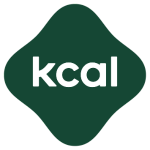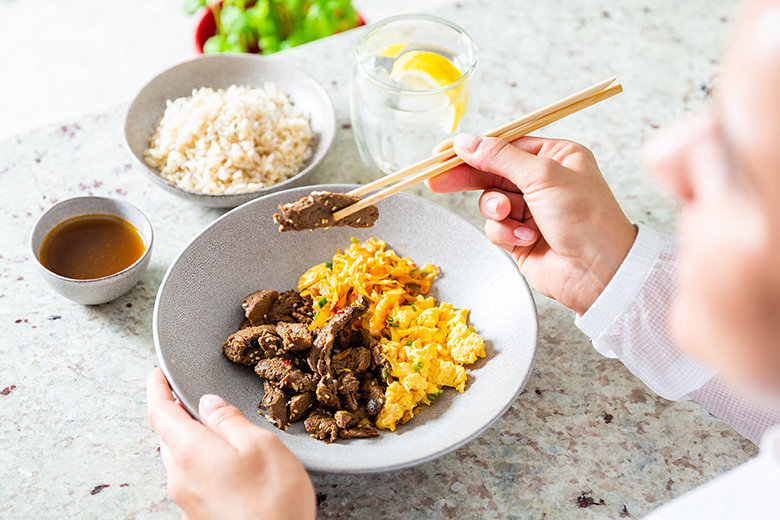Having a healthy diet during pregnancy can be challenging but yet very important as it plays a major role in supporting your baby’s growth and development. Here are some nutrition advice when you get pregnant:
Prioritise Fruits and Vegetables
During pregnancy, the recommended intake of many nutrients is higher than usual. Fruits and vegetables are nutrient-dense and could be considered superfoods. The antioxidants found in many fruits and veggies can help protect your baby’s cells from damage. In addition, research has shown that fruits and veggies may help prevent your baby from developing allergies later in life.
Focus On Protein
Getting the optimal amount of protein during pregnancy is essential to support the proper growth of the baby’s tissues and organs. It also helps with the breast and uterine tissue growth during pregnancy. Focus on chicken, beef and eggs as fish should be consumed only 2 times per week due to mercury levels (see number 4). If you’re vegetarian, make sure you have plant-based protein such as tofu, soy products, beans, and lentils.
Don’t Be Afraid Of Carbs
Complex carbohydrates provide energy and are good source of fibre, which is essential for pregnancy. Try focusing on natural sources of carbs like potatoes and grains while avoiding processed carbs like white bread, chips cookies and candies as they don’t provide you with good nutrients.
Limit These Foods
There are some health quest foods you should avoid when you are pregnant because they might make you ill and harm your baby. Try avoiding seafood that contains mercury such as swordfish, undercooked meats, undercooked shellfish which may cause food poisoning, raw eggs, soft and ripened-cheese such as brie and camembert which might carry Listeria, a bacteria that can cause fatal infections.
Don’t Forget Your Vitamins
During pregnancy you need folic acid, iron, calcium vitamin D, vitamin B, and omega 3. Doctors advise people to take prenatal supplements before during and after pregnancy to support their bodies through the pregnancy.
To conclude, eating a well-balanced diet based on fresh fruits and vegetables, whole grains, and protein-rich beans and meats and limiting caffeine, alcohol and undercooked meat and eggs are essential to support fetal development.







